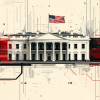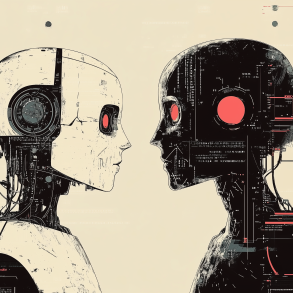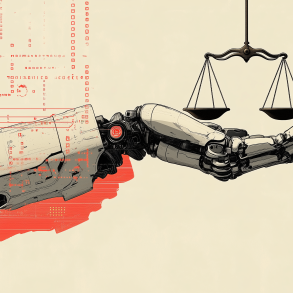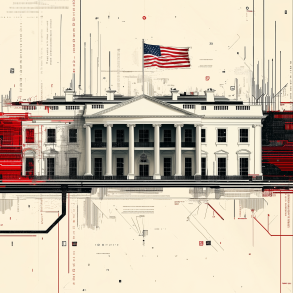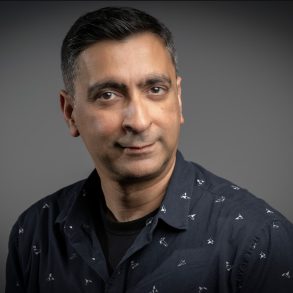Runway’s CEO Cristóbal Valenzuela On How AI Integration In Filmmaking Is Shifting Focus From Technology To User Creativity
The intersection of artificial intelligence and the creative arts is increasingly prominent, as evidenced by the latest AI Film Festival hosted by Runway. The festival, now in its second year, presented films that utilized AI tools in their production, reflecting the growing trend of technology-driven artistic expression. With around 3,000 submissions, the event highlighted works that explore unique narratives through AI-enhanced filmmaking.

Cristóbal Valenzuela, CEO and co-founder of Runway, shared his excitement about the potential of AI in filmmaking. He recounted the impact of witnessing AI-assisted films at last year’s festival, describing it as “mind-blowing.” This year’s entries from global artists offered “a taste of what’s coming,” showcasing the diverse applications of AI in enhancing cinematic storytelling.
“As a toolmaker, nothing brings me more joy than seeing talented individuals use our tools in ways we never imagined. That’s the very reason we started Runway,” Valenzuela explained during an interview with Quartz. His personal background in filmmaking, combined with his role in co-founding Runway with Alejandro Matamala Ortiz and Anastasis Germanidis in 2018, has cemented his commitment to democratizing film production.
Runway, which originated from a collaboration at New York University’s Tisch School of the Arts, has been at the forefront of AI research in the creative field. The company offers a range of tools that assist with various filmmaking processes, from storyboarding to scriptwriting. Their generative AI models, Gen-1 and Gen-2, have been implemented in notable projects, including the visual effects for the Oscar-winning film “Everything Everywhere All At Once.”
Valenzuela pointed out the traditional barriers in film production, such as high costs and accessibility, which Runway aims to lower. “We envision a future where billions of people who never considered themselves as artists could use these tools to create, something previously restricted to a select few,” he noted.
The discussion also touched on the integration of AI in professional settings. Runway is increasingly collaborating with major studios and production teams, anticipating that these partnerships will continue to expand. Valenzuela reflected on the evolution of AI in filmmaking, emphasizing its growing capability to capture nuanced stories and emotions as envisioned by creators.
However, the rise of AI in creative industries has not been without controversy. Concerns about AI replacing human creativity were central to last summer’s Hollywood writers’ strike. The resulting agreements clarified that AI would not replace human writers or be used without their consent. Valenzuela recognizes these concerns but suggests a shift in perspective, focusing on AI as a tool for enhancing specific tasks within creative jobs rather than replacing them.
“AI should be seen as an opportunity to enhance creative tasks, making them simpler and quicker, rather than as a threat to creative jobs,” he added.
As AI technologies continue to evolve, Valenzuela believes the focus should shift from the capabilities of AI models to the benefits they offer to users, enhancing their creativity and opening up new professional opportunities. “We’re nearing a pivotal moment where the emphasis moves from the technology itself to the people who use it to unlock new creative potentials,” he concluded.


